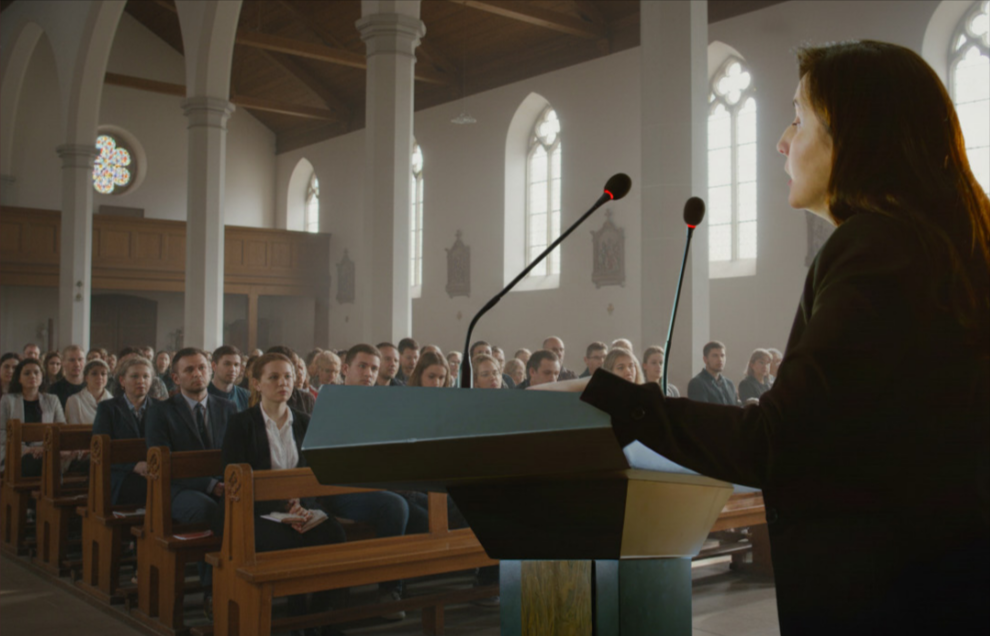Everything You Need to Know About Choosing a Headstone, Marker, or Monument

Memorials That Tell a Story
Selecting a headstone or monument is a deeply personal decision that creates a lasting tribute for generations. These memorials mark a final resting place, honor a life lived, and reflect cultural traditions, personal values, and family preferences.
Exploring Options and Materials
Headstones are upright markers, while flat markers and bevel or slant designs offer lower profiles. Larger monuments and family estates provide space for multiple names and decorative elements. Material choices include granite for durability, bronze for timeless elegance, and marble for historic beauty, though less common today. Personalization options range from inscriptions and epitaphs to religious symbols, nature imagery, and even laser-etched portraits or custom shapes.
Practical Details That Matter
Families must consider cemetery regulations, installation timelines, and seasonal restrictions.
Costs vary widely-from $800 for flat markers to $50,000+ for elaborate monuments-plus fees for foundations and custom designs. Cultural and religious traditions influence design choices, while maintenance ensures longevity. Ultimately, the goal is a memorial that authentically reflects the individual and provides a meaningful place for remembrance.
Read the full 11-page article. FREE Download for your convenience.
Click the button below.




